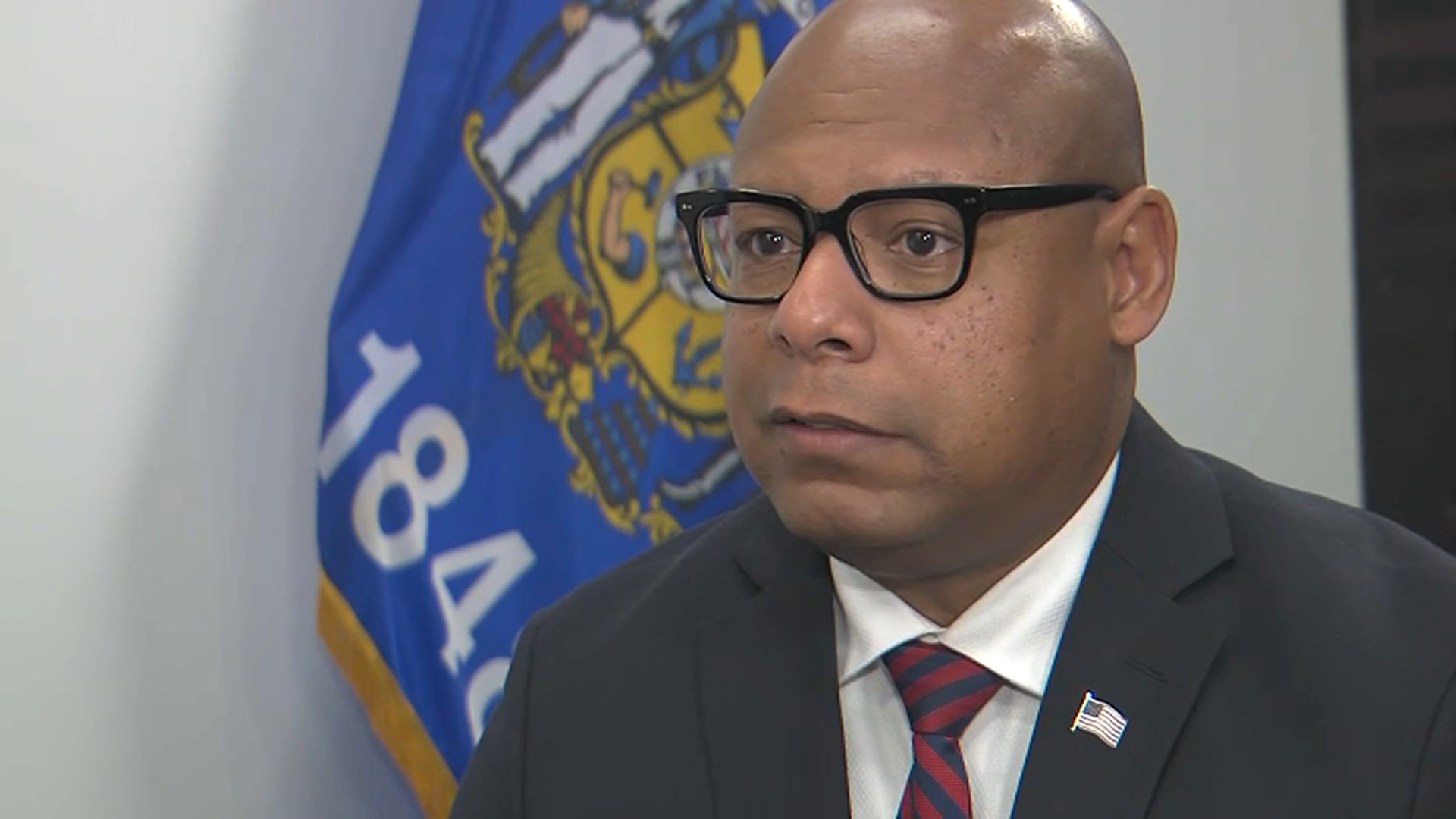Jurors in the trial for a man charged in the 2017 murders of two Delphi, Indiana, girls, who were killed while taking pictures along a hiking trail, have been transported from more than 100 miles away to hear a case that has long remained a mystery to many.
The murders of Abigail Williams, 13, and Liberty German, 14, went without an arrest for more than five years -- until Richard Allen was charged with the crime that shocked the small community of around 3,000 residents.
Jury selection in the trial began Monday, with 12 jurors and two alternates chosen, NBC Indianapolis affiliate WTHR reported. The full jury was chosen later in the week and sworn in Thursday before being transported to a hotel closer to Delphi for the trial.
From there, the jury will be sequestered for the entirety of the trial, which is expected to last until Nov. 15. Opening statements began Friday and the first witnesses were called in the case.
Frances Gull, the special judge in the case, has prohibited video or audio from inside the courtroom and banned the use of electronics.
The 12 jurors and four alternates have been brought in from Allen County, more than 100 miles away from Delphi.
As they remain sequestered for the remainder of the trial, they'll face a number of restrictions.
Local
The court confiscates their electronics, but they can talk to their families on the phone each night while being watched by a bailiff. Sundays are “family time” when they can see their family, under the supervision of a bailiff, and families have been instructed not to talk about the case with them.
The hotel rooms themselves have no access to a telephone, television, radio, or any kind of media. Jurors can watch TV in a "TV room," where they will be shown NFL games and brought several DVDs.
Feeling out of the loop? We'll catch you up on the Chicago news you need to know. Sign up for the weekly> Chicago Catch-Up newsletter.
The court is providing lunch each day and transportation for the jurors to and from the hotel. The door that they will be entering the courthouse through is covered with a black tent, and the driveway area they will drive into has a black fence up, to prevent people from filming them.
The jury foreperson will be selected by their peers at the very end of the trial, right before they start deliberations.
What happened to Abigail Williams and Liberty German?
On Feb. 13, 2017, Libby and Abby vanished while hiking along a trail near their hometown about 60 miles northwest of Indianapolis.
That afternoon, one of Libby's family members dropped the girls off near the Monon High Bridge, where the two went hiking on a nearby trail, according to a website seeking information about the teens' murders. Hours later, a relative arrived to pick the girls up, but they never showed up.
Family members reported the girls missing at 5:30 p.m. that evening.
Their bodies were found the next day in a wooded area about three-quarters of a mile from the abandoned railroad bridge where they were dropped off.
The murders uprooted the small Indiana community of Delphi, leaving many to wonder who could commit such a heinous act - kill two teenage best friends who had their whole lives ahead of them.
The defense's unusual request
The judge must still decide a defense request for jurors to visit the crime scene, arguing that doing so would “greatly aid” their understanding of what will be presented at trial.
Going there would help in “observing and feeling the unique topography of the land; something that cannot be understood from photographs and video,” defense lawyers wrote in their motion. Visiting a crime scene is unusual for a jury but has occurred in previous high-profile cases, including the trial of OJ Simpson.
Prosecutors have objected to the move, in part because of security concerns. Gull said she would rule on it after jury selection.



